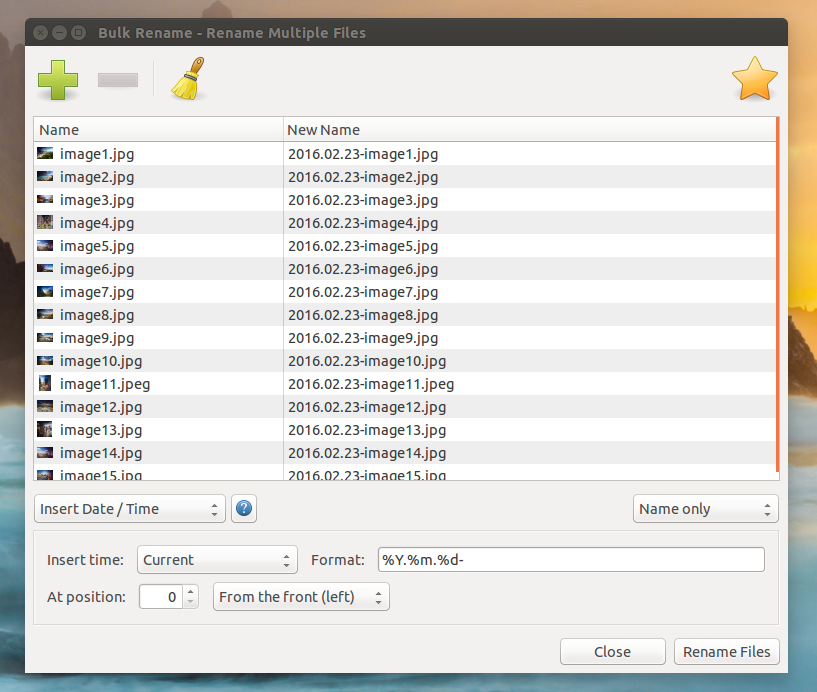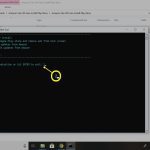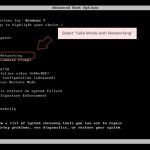Renaming files in Linux with commands like 'mv' often leads to preventable errors. Quickly identify and fix these common issues to maintain productivity.
Permission Denied Errors
Encountering "Permission denied" indicates insufficient access rights.
- Check directory permissions with ls -ld /path/to/directory.
- Adjust permissions using chmod (e.g., sudo chmod u+w filename for write access).
- If the user lacks privileges, use sudo mv oldname newname for elevated rights.
No Such File or Directory Errors
This error arises from incorrect paths or missing files.

- Verify source and target paths using ls or pwd.
- Use absolute paths like mv /home/user/oldfile /home/user/newfile.
- Ensure the file exists; confirm spelling and avoid trailing spaces.
Syntax and Command Errors
Incorrect syntax in mv commands causes failures.
- Proper format: mv [options] source target.
- Quote filenames with spaces: e.g., mv "old *" "new *".
- Avoid using reserved characters like "/" or ":"; escape them with backslashes if needed.
Invalid Filename Characters
Linux restricts characters in filenames, leading to errors.
- Permitted characters include letters, numbers, underscores, hyphens, and dots.
- Use rename or mv to replace invalid characters with safe alternatives.
- For mass renaming, script a solution: e.g., for f in ; do mv "$f" "${f//bad/good}"; done.
Bulk Renaming Issues
Batch renaming with wildcards or scripts can misapply changes.
- Test commands with echo mv .txt prefix_.txt before execution.
- Use find for recursive operations: e.g., find . -name ".log" -exec mv {} newname ;.
- Install tools like mmv or renameutils for more robust pattern handling.











